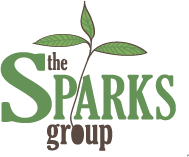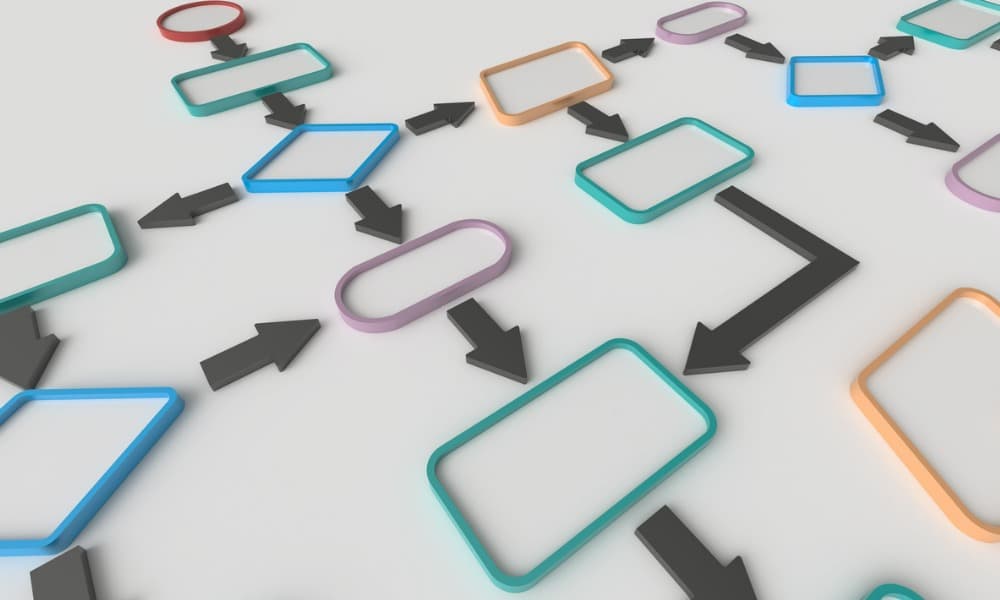Proactively Trying to Move to the Next Stage of Adult Development: The First Four Stages
When we’re looking for solutions to our limitations and conflicts or we realize our beliefs are no longer serving us, it may be time to challenge ourselves to purposely move to the next stage of adult development. If you’ve read a bit about adult development, you know that there are stages past yours that may help you unlock new ways of viewing your challenges and therefore new options and solutions. There’s nothing we like talking about more than these stages of adult development and how to move through them. If you’d like to have a conversation about it, schedule time with Jessica Bronzert here.
Key Takeaways:
- Each of the seven stages of vertical development (or adult development) solves for the limitations of the last
- The stages alternate back and forth from focus on the self to focus on the group and then back again
- Developing vertically isn’t correlated to age – it’s more about life experience, how much we’ve had to deal with, and individual mindset
As we progress through the stages of vertical development, we grow into more mature, nuanced leaders who can handle the complexity of the world – or VUCA (volatility, uncertainty, complexity, and ambiguity).
But how do we transition from one stage to the next, and what pushes us to move and grow?
When something in our current stage is no longer working for us, it pushes us to grow into the next stage to resolve that tension or conflict. For each stage of vertical development, there are specific levers that can help us expand into the next stage.
We essentially unmake and remake our way of thinking or mindsets in each stage so we can better meet our goals or what we’re being asked to do at work and in life generally. Growth isn’t always correlated to age – it’s more about what life has thrown our way and how we’ve dealt with it.
It’s helpful to walk through how we transition from each stage to the next by taking a look at the characteristics of each phase. In this article, we’re sharing more about the “conventional stages” or the first four stages. In the next article, you’ll learn more about the “post-conventional” stages.
1. Opportunist
In the first stage, the Opportunist, we are highly focused on and identified with our own needs and wants. It’s an internally oriented stage, as we’re interested in ourselves and unaware or dismissive of others’ interests. Meeting our needs and wants drives our thinking and behavior. The lack of connection and context becomes a limitation in this stage, which leads us to grow.
One way to transition between Opportunist and Conformer is to ask: I understand what I want out of this situation. What do others want? How can that help me get results?
2. Conformer
To solve for the lack of connection to something larger than ourselves, we grow into the Conformer stage. At this stage, we want to be part of something – be it a religion, allegiance to a college or professional sports team, a political party, a community group, a group of friends, our family, or another type of organization.
We adopt the beliefs of the group or the group leader and focus on fitting in and getting along. Our perspective expands beyond our immediate desires to include the group, but we don’t yet have a sense of our own talents and contributions.
The transition between Conformer and Expert can be supported by recognizing the contributions of a particular individual and their value to the team and investing in them to learn a specific skill set that will help the team.
3. Expert
To solve for our growing desire to stand out and be recognized, we grow from Conformer into the Expert stage. As an internally focused stage, at Expert we are identified with the subject matter expertise we have developed from school and work and our ability to solve problems using that expertise. We’re identified with what we know.
There’s tremendous value in this stage of our organizational life because, as talented problem-solvers, Experts are in demand. Yet this stage is more focused on our individual contributions and our need to be right, rather than on maximizing outcomes.
The transition between Expert and Achiever is facilitated by questions like, “Am I making the impact I hoped to make? If not, why not?”
4. Achiever
To solve for our limited impact, we grow from Expert to Achiever. As an externally focused stage – meaning focusing on the group around me – effective teamwork and managerial capability come online as a way to leverage the contributions of others in addition to our own, helping us to achieve the results we see are possible. As Achievers, we’re identified with outcomes, and, as a result, we believe almost anything is possible.
This belief that we can make anything happen can lead to an over-identification with responsibility and burnout from trying to get it all done. At this stage, we prioritize our productivity over our self-care. We’re acting heavily on cultural or societal messages about what constitutes success, and when this begins to feel inauthentic, our growth into the next stage may be on the horizon.
The transition between Achiever and Redefining is the most difficult as it represents the transition between the conventional stages (the stages at which we take the societal and cultural values and messages at face value without challenging them) and post-conventional stages (stages at which we question the societal and cultural values we’ve been taught).
This transition is often facilitated by taking time to pause and think versus rushing through the day. Many people use yoga, meditation, walking, or a pause practice to help them begin to slow down and step into the next stage.
In the next article, we delve into what the three post-conventional stages and the transitions between them can look like. Want to learn more? Head over to the next article.
Want to talk about what you learned here? Schedule time with Jessica.
Want to learn more about vertical development? Check out our White Paper. For strategies to implement and promote vertical development in your organization, read our eBook.

